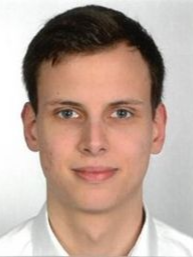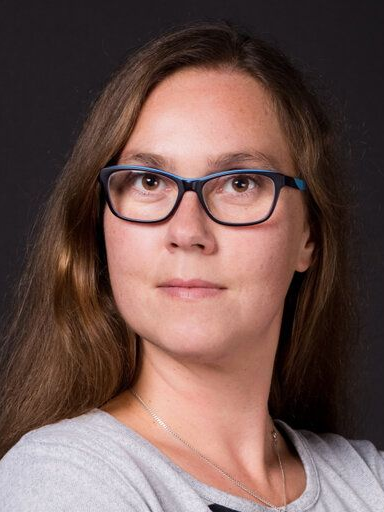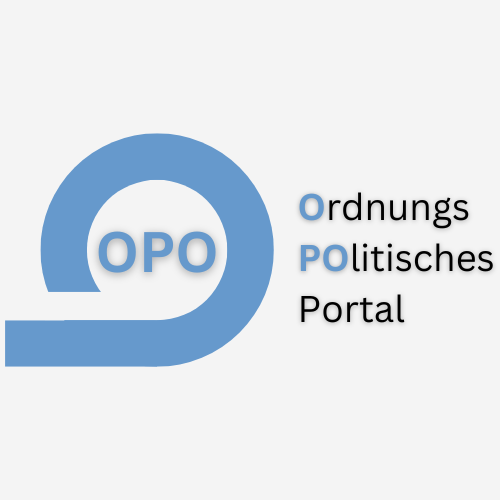9th Dialogue on Social Market Economy
Resilient Europe?
Navigating Economic and Geopolitical Challenges
from China and the United States
22 – 23 October 2025 at the University of Applied Sciences Zwickau, Germany
Conference Report
Session 1: Theme: Global Challenges of Energy Security

Artur Avetisyan (National University of Architecture and Construction of Armenia):
“Ensuring Energy Security of Armenia in a Multipolar World: New Tendencies and Opportunities”
Energy issues shape global geopolitics and Armenia’s strategic role within it. Despite strong renewable potential and self-sufficiency in electricity, unresolved relations with Turkey and Azerbaijan and limited infrastructure with Georgia and Iran hinder progress. Strengthening ties along the North-South axis enhances Armenia’s opportunities for regional energy and economic cooperation and stability.

Ralph Wrobel (University of Applied Sciences Zwickau)
“China’s Dominance in Rare Earth Markets: A Geopolitical Trap for Europe?”
Rare earth elements are vital for Europe’s economy, green transition, and security, yet heavy dependence on China creates supply and geopolitical risks. Rising demand, environmental limits, and export restrictions exacerbate vulnerability. Policy responses include domestic projects, recycling, and international partnerships, but limited capacity and slow research highlight the urgent need for supply diversification and resilience.


Lisa Strauch (l.) and Viktoria Kämpf (r.) (University of Applied Sciences Zwickau)
“Hydrogen Engines as a Building Block of European Energy Autonomy: Acceptance Factors and Political Decisions”
Social acceptance of hydrogen combustion engines as part of the EU’s shift toward sustainable, resilient, and autonomous energy systems have to be analysed. The political, infrastructural, and technological factors are influencing acceptance across contexts, assessing hydrogen engines’ potential for heavy-duty use and strategic autonomy, and offer recommendations to enhance adoption and implementation.
Session 2: Global Challenges for National Economic Policies

Stefan Kolev (University of Applied Sciences Zwickau & Ludwig Erhard Forum for Economy and Society, Berlin)
“Resilience-Oriented Supply-Side Policy for Germany and the EU”
The current state of global affairs caused by new imperial power struggles must not be the lasting substitute for the hegemonial retreat of the US. By focusing on the notion of resilience, it must be discussed why the traditional multilateral order experienced heavy blows over the past two decades – and how this order can rebound and assume a new, more sustainable shape. In this context, the policymakers should rethink the supply-side policy for the EU economic order and thus securing its resilience.

Nurbek Madmarov (American University of Central Asia, Kyrgyzstan)
“Do Institutions and Fiscal Discipline Matter for Public Debt Sustainability in Selected Transition Economies?”
Public debt sustainability in 28 transition economies (1996–2023) is analysed through an integrated framework combining fiscal discipline, institutional quality, and democracy. Lagged debt emerges as the main determinant, fiscal balance shows moderate significance, and institutional quality moderates debt dynamics. Democracy slightly increases debt, reflecting governance-related fiscal pressures and implications for sustainable fiscal management.

Raul Parts (University of Tartu, Estonia)
“Strategic Resilience through Industrial Policy: Estonia in the Face of Multiple Crises”
Amid recent crises, Europe’s renewed industrial policy seeks resilience, sustainability, and autonomy. Estonia, a small open economy, faces acute exposure to global shocks—its ICT sector grew while industry contracted. EU industrial policy evolved from productivity to green and digital goals, yet small states like Estonia remain understudied. Estonia’s adaptive strategies enhancing competitiveness and resilience are to be studied.
Session 3: Global Challenges of Trade, Tariffs, and Capital Flows

Bernhard Seliger (University of Applied Sciences Zwickau & Hanns Seidel Foundation, Seoul, South Korea)
“The World Trade Organization and the Erosion of the Multilateral Order – A Case Study”
The weakening of the multilateral order predates nationalist leaders like Trump and Xi. Failures such as the Doha round collapse, rise of regional trade blocs, and WTO’s diversion toward social and environmental goals reduced its effectiveness. Similar issues plague other institutions, prompting governments to disengage from politicized multilateral frameworks.

Lachezar Grudev (University of Applied Sciences Zwickau)
“International Trade and Balance of Trade Deficit: In Search of the Missing Link”
The trade war revives mercantilist zero-sum thinking, making balance surpluses key again. The U.S. faces higher relative inflation than Europe, caused by expansive monetary policy and rising government spending. This inflation drives de-dollarization: Europeans import less, central banks shift reserves to gold, indirectly financing Russia’s war through its gold production.

Philipp Schäfer (University of Applied Sciences Zwickau)
“Sustainable Capital Flows in Focus – Banks’ Materiality Analyses and Their Relevance for Achieving Regulatory Policy Objectives”
Redirection of private capital supports European sustainability goals, yet banks’ engagement remains limited. Analysis of major German and Austrian banks’ 2024 sustainability reports shows climate change dominates disclosures, with biodiversity rising. However, other environmental topics lag, and positive impacts mostly concern climate, revealing uneven progress driven by regulatory and public pressure.
Session 4: Global Challenges of Sustainability and Innovation

Joost Platje (WSB Merito University Wrocław, Poland)
“Sustainability as a System Risk”
The Triple Bottom Line model of sustainable development has to be criticised, arguing that balancing economic, environmental, and social goals in a finite world is increasingly untenable. Efforts to enhance sustainability often heighten systemic complexity and interdependence, paradoxically increasing vulnerability to cascading failures and potential socio-economic collapse.

Monika Paradowska (University of Wrocław, Poland)
“Urban Mobility as Strategic Resilience: The HUMS Model and Sustainable Transport in the EU’s Geoeconomic Context”
The Homo Urbanus Mobilitatis Sustinens (HUMS) model—a four-layer, multi-level framework—links urban mobility behaviours to Europe’s strategic autonomy and resilience. By integrating psychological, social, and institutional factors, it operationalizes EU strategies such as the Green Deal, showing how sustainable mobility enhances cohesion, sovereignty, and geopolitical adaptability through citizen-driven and policy-supported transformation.

Pylyp Udovenko (Ludwig Erhard Forum for Economy and Society, Berlin)
“Innovation under Fire: Ukraine’s Asymmetric Warfare and Its Implications for the European Union”
Ukraine’s defence against Russia highlights asymmetric warfare, emphasizing rapid military innovation. The presentation outlines Ukraine’s adaptation stages and examines the resulting strategic and security implications for European Union member states.





